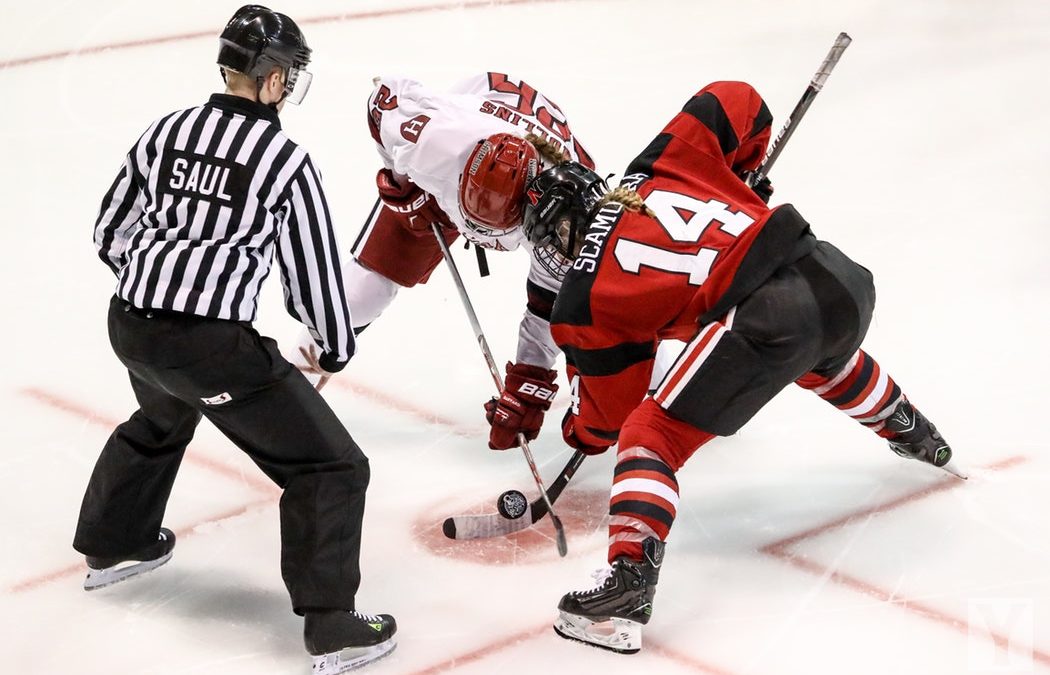The Science of Happiness
What Kurt Vonnegut Taught Us about the Science of Happiness
Positive and negative emotions use different memory systems in the brain. According to Hanson, positive emotions don’t transfer as easily to long-term memory the way bad emotions do…
In his book, Dr. Hanson says that most of us don’t stay with positive experiences long enough for them to be “encoded” into our brain’s neural structure…
I don’t know if Mr. Vonnegut knew the science behind why our brains are like velcro for negative experiences and like teflon for good experiences…
How to Be Happy
Want to feel happier? Let science show you the way! Learn about the happiness-boosting strategies from groundbreaking research in positive psychology.
Sports Anger Management
How Does Anger Affect my Athletic Performance?
Anger affects performance in several different ways.
1. Anger takes energy away from where you really need your energy to be. It takes energy away from the situation and environment but also your body, your muscles and your mind…
Top 10 Angry Moments in Sports
Keeping Your Cool: How to Manage Anger During Competition
If you struggle with anger during competition, try one of these coping skills recommended by sport psychologists. You’ll not only have a much better experience on the field, you’ll actually learn to use your emotions to your advantage.
Visualization
Use imagery to visualize yourself in situations that make you angry; then watch yourself successfully handle them. Be sure to visualize feeling relaxed and in control. Visualization is a great technique to try right before a game to get your mind in the right place…
5 ways to stay calm in competition
Your heart starts pounding. Your palms start to sweat. Your stomach churns and your knees go weak. Your mind goes into overdrive. Your legs are glued to the ground. The crowd deafens you. You can’t focus.
Preparation is key, and when it comes to competition, it pays to leave nothing to chance. So, rather than obsessing about the outcome of competition, focus on creating the optimal conditions for success:
1. Have a routine
Having a set routine for the build-up to competition can increase confidence, give you something to focus on that is within your control, and allow you to adopt your optimal mindset for performance…

